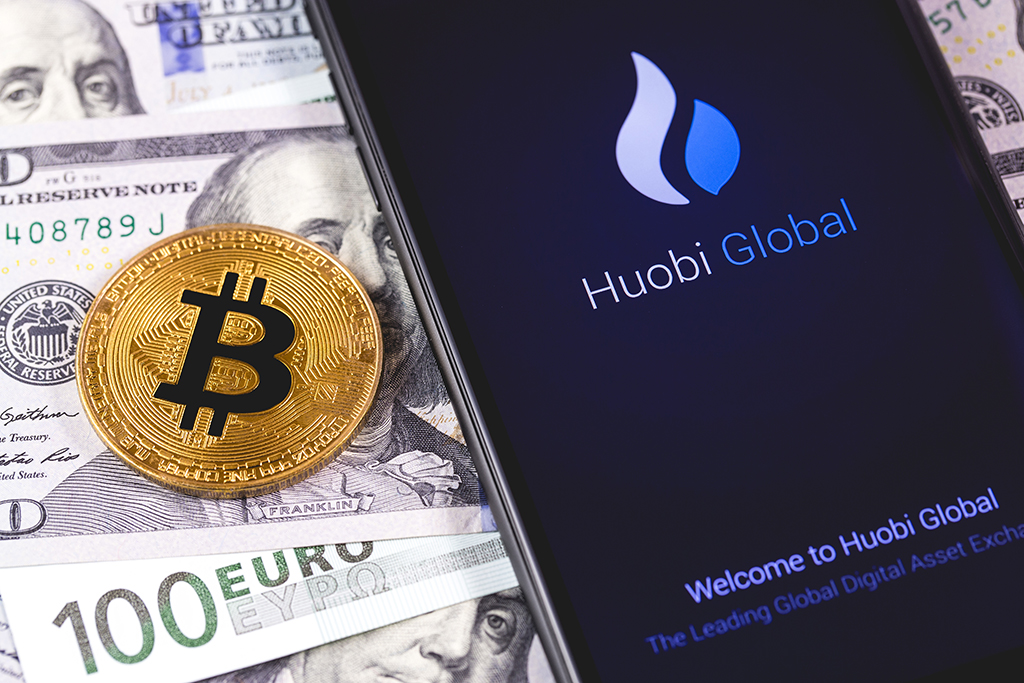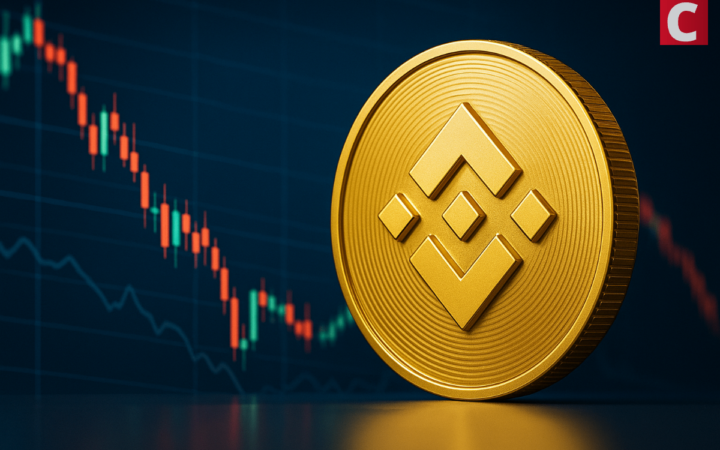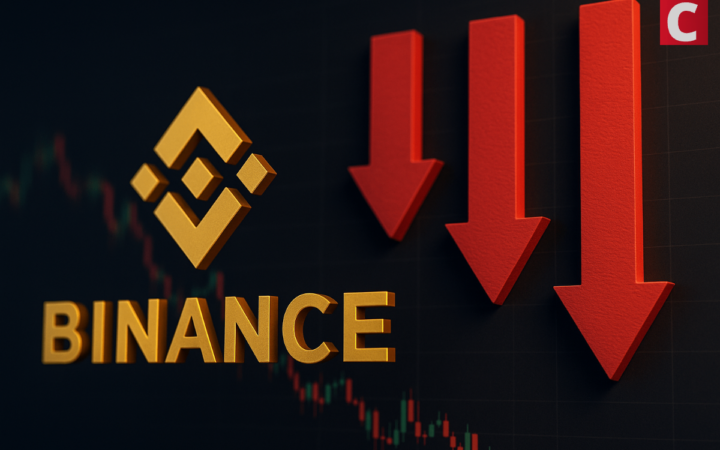
Jeff Fawkes is a seasoned investment professional and a crypto analyst. He has a dual degree in Business Administration and Creative Writing and is passionate when it comes to how technology impacts our society.
Huobi US cryptocurrency exchange will stop trading on 15 December 2019. It has claimed the need for a more integrated and impactful fashion.

HBUS, the U.S.-based affiliate of the Huobi Group exchange was launched back in early 2018 and has registration at FinCEN. However, the platform is announcing the sudden decision to go offline and to reshape itself according to U.S. laws.
Huobi Group is successful enough to join the blockchain alliance led by the top officials of the Republic of China. It has influence over the crypto markets and many jurisdictions. In September 2019, a new office was opened in Argentina.
One month ago Huobi had announced that they will require all the American customers to use the U.S. version of the trading platform.
However, the notice from Huobi claims the need for “a more integrated and impactful fashion”. Per the Huobi US (HBUS) official mailing list:
“Our trading services will not be available starting December 15, 2019, 20:30 PT/23:30 ET. Customers will continue to be able to access their accounts to withdraw funds until January 31, 2020, 20:00 PT/23:00 ET.
Please refer to our FAQ and contact [email protected] for additional support.”
In the United States, the exchange is listed as a Money services business. The platform is meeting the regulatory requirements, it is launching the OTC app, attracting new visitors and institutional capital holders. Their OTC solution called Huobi Cloud allows users to build their own ecosystem around the one maintained by the exchange.
The Thailand regulators allowed Huobi to operate in the country in July 2019. Thailand is the country where authorities are famous for strictly following the laws. If an exchange got the approval from the locals, this means they have passed through harsh testing. Huobi Thailand is however under the construction till now, expected to launch any moment soon.
This exchange was the fifth one that received approval from the Thai government regarding the crypto operations. It is strange that the U.S. regulators suddenly take their guarantees back and order the exchange to stop operations.
If you wonder what can serve as the ultimate cause of such harsh disapproval, think of Bitfinex for a moment. Bitfinex has some troubles with the New York Attorney General leading the case against them. All because they were caught participating in shady activities, including financial fraud allegations.
Now consider the fact that Huobi was the exchange that reportedly received 160 million in USDT tokens during the latest USDT “chain swap”. Particularly, this research identifies that Bitfinex exchange was secretly sending huge portions of USDT tokens to Huobi at the end of October 2019. Per the research:
“Using one particular swap as our case study, we identified at least 160M USDT (at the minimum) that has been sent to Huobi by Bitfinex via USDT ‘chain swaps’ over the past 3-5 days.”
In his substantial work, James Edwards of hash.fail research team tries to answer such questions:
“1. Why is Bitfinex sending 160M USDT to Huobi?
2. Why did Bitfinex have to do this via ‘chain swap’ instead of just directly sending the funds to Huobi?
3. Why didn’t Paolo Ardoino (CTO of Bitfinex) make it clear that this was what was going on in the transactions that he took the time out to identify as chain swaps? (there were a lot of those)
4. Why has this not even been mentioned by either party? Don’t you think that this is something that Bitfinex should shed a little light on?”
Interestingly, the payments are visible thanks to the blockchain spying tools, as well as to substantial efforts to spot the correct transactions. So, it appears that Bitfinex CTO Paolo Ardoino claimed on Twitter that those were the chain swaps two months ago. While at the same time, some data wizards claim that Huobi was receiving the unregistered USDT cash from one of the most controversial players in the field.
“The potential answer to those questions posed above lay the framework for a really ugly conclusion – and who wants to hear that? … It feels like Bitcoin is “almost back” to a lot of people, and the last thing that anyone wants to believe is that things could really come to a crashing halt because one of the largest financial frauds of all time is on the precipice of being broken into pieces entirely.”
Huobi exchange may have been playing with some shady operations, and the regulators act accordingly.
Disclaimer: Coinspeaker is committed to providing unbiased and transparent reporting. This article aims to deliver accurate and timely information but should not be taken as financial or investment advice. Since market conditions can change rapidly, we encourage you to verify information on your own and consult with a professional before making any decisions based on this content.

Jeff Fawkes is a seasoned investment professional and a crypto analyst. He has a dual degree in Business Administration and Creative Writing and is passionate when it comes to how technology impacts our society.




